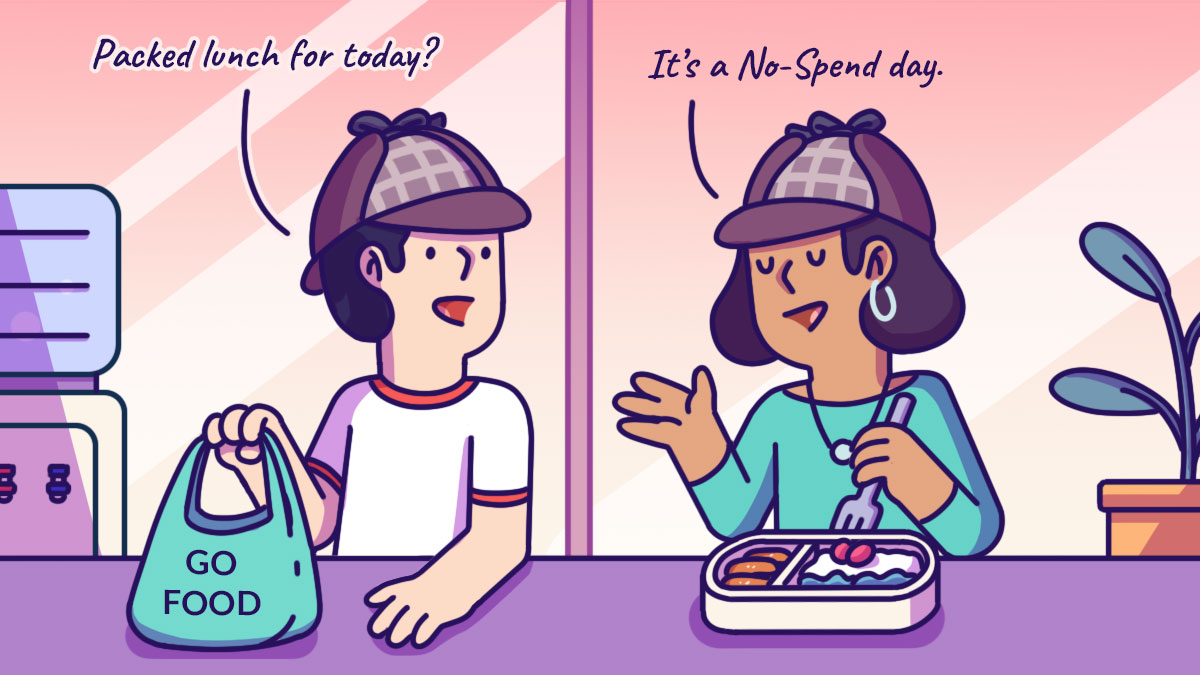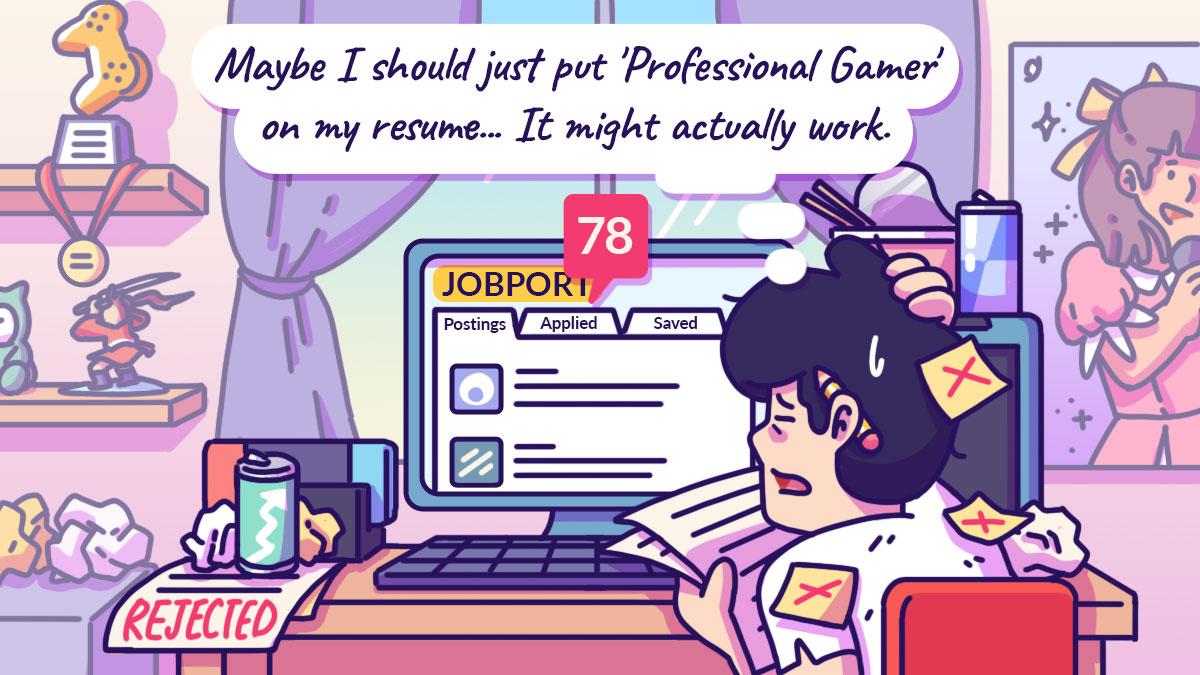Regardless of your income level, what matters most is how much you manage to save every month. Saving is a crucial step toward building your financial security and achieving your long-term goals.
To help you in this endeavour, here are nine creative ways to kickstart your savings journey:
#1: Use things until they wear out
A simple way to save money is to maximise the lifespan of your belongings. Instead of constantly buying new items, like shoes and clothes, use what you already have until they wear out or break.
This helps you spend less over time because you're not replacing things just for a new look or style. Take care of your belongings properly to extend their lifespan.
#2: Make extra loan payments to reduce the principal
A housing loan is probably the biggest debt you will incur in your lifetime. If you have extra cash on hand, consider using it to reduce your loan principal, which is the amount you borrowed from the lender.
This only applies if you have a flexible loan that allows principal reduction. Flexi loans offer flexibility in managing finances, allowing you to take advantage of surplus funds to repay debt faster and reduce the total amount of interest you pay over the life of the loan. However, there are also non-flexi loans that will not benefit from early repayment so do check your loan plan.
#3: Cancel unused subscriptions
Review your subscriptions regularly to see which ones you actively use and which ones you don’t. Cancel any subscriptions that aren’t being used to eliminate unnecessary expenses and save money.
Before committing to a subscription, you can always opt for a free trial first to determine if it’s something you really want to continue to subscribe to. However, remember to note when the trial period ends and take action to avoid being charged.
You can also save money by sharing or bundling subscription plans with the family, instead of each having their own accounts.
#4: Borrow books from the library
Reading is a great habit, but buying books regularly can be expensive. You don’t have to give up your hobby!
Instead, consider borrowing books from a local library. Membership is free and you can borrow as many as 16 books at any one time!
You can use the Libby app that is connected to the National Library archive. With a library membership, you can access to thousands of titles at your fingertips.
#5: Have no-spend days
Challenge yourself to “no-spend days” where you avoid spending any money at all! This requires careful planning. For example, if your no-spend day is on a weekday, you can pack your meals and snacks so you won’t have to buy anything when you are at work or school.
Making a habit of "no-spend days" can help you save significantly over time and even make you more mindful of your spending.

#6: Plan your errands and run them together
Plan your errands to run them at the same time to reduce the number of trips you make.
For instance, if you need to get some groceries, buy pet supplies and visit a friend, arrange them all on the same day to save on transport costs. This allows you to maximise your day and save money too.
If you drive to work, you can make a pitstop at the supermarket on your way home to avoid making an extra trip over the weekend to buy groceries. Driving is expensive, with costs for maintenance, petrol, parking and tolls adding up quickly.
#7: Do-it-yourself (DIY)
Doing things yourself instead of hiring professionals or buying pre-made items can be a practical way to save money. This includes simple tasks like going to IKEA to buy a new computer chair to self-assemble and save costs. Figure out how to fix broken items in the house instead of buying new replacements and doing your own manicure.
Beyond financial savings, it also gives you the chance to learn new skills!
#8: Pack your own meals
While it might seem like a hassle to bring your own food to work or school, especially if you're not into cooking, packing your own meals can save tons of money! If you don’t know how to cook, you can always learn or pick up some tips by watching YouTube videos.
Your effort will not only help you spend less but will also allow you to eat healthier because you'll know exactly what's going into your homemade food.
#9 Cook in bulk, divide, and then freeze it for next time
To take your meal prepping to the next level, try cooking large batches of food, dividing them into portions, and freezing them for future use.
This allows you to take advantage of bulk ingredients and minimises wastage as you use all the ingredients in one go. Preparing food in advance also reduces the likelihood of ordering food delivery because you always have ready-to-eat options available in your freezer.
This content is part of the Temasek – Financial Times Challenge, a financial literacy education series in Singapore for youths.











